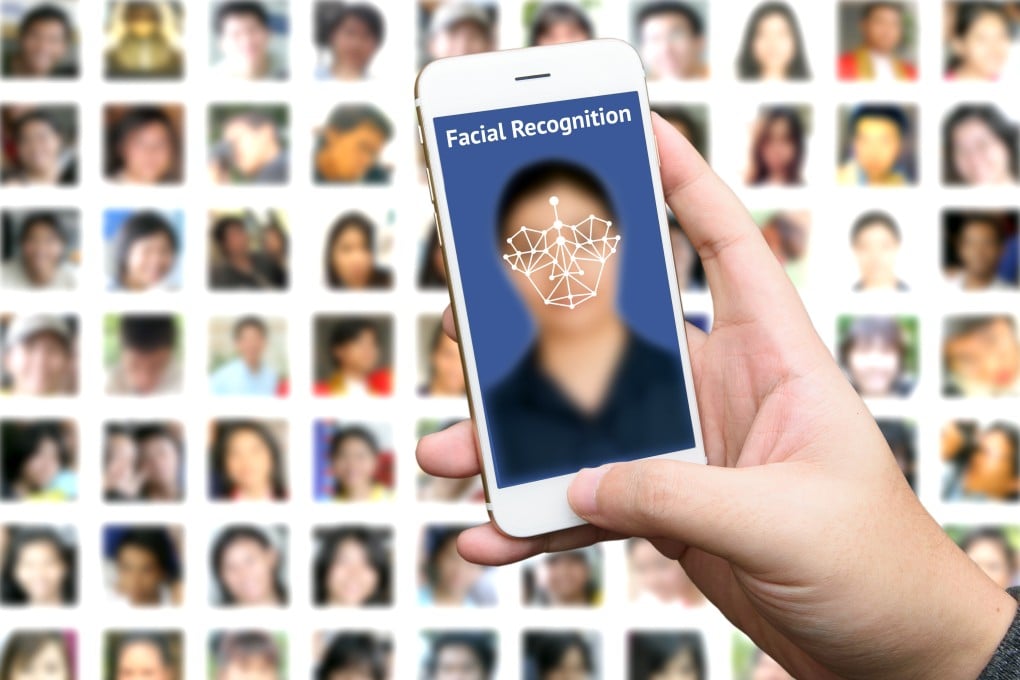Chinese programmer shuts down AI project to detect women in porn videos after backlash
- Program used facial recognition technology to cross-reference videos and images on pornography sites with user information on social media
- After being swamped with angry messages and criticism, Li Xu, who came up with the idea, says all data collected has now been deleted

The programmer, who identified himself as Li Xu, said the program used the technology to cross-reference videos and images on porn sites with user information on social media.
Reporting progress on the project on Monday, Li said it had already collected more than 100 terabytes of data from several pornography sites and popular social media platforms including Facebook, Instagram, TikTok and Weibo.
More than 100,000 young women working in the porn industry had been “successfully identified on a global scale”, Li wrote on microblogging site Weibo.
That prompted a flood of angry messages condemning the project and criticising him for slut-shaming.
Four days later, Li cancelled a live-streaming session during which he had planned to take questions from the media and explain his program. He later apologised and said he had deleted all data relevant to the project.